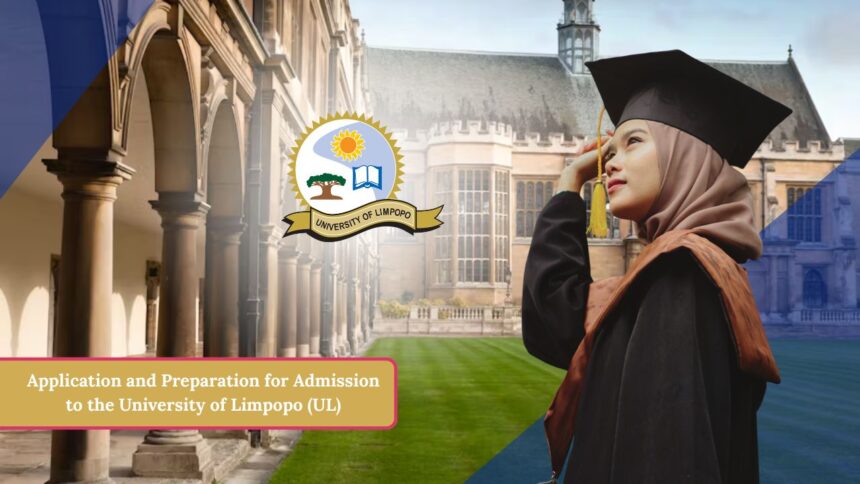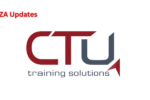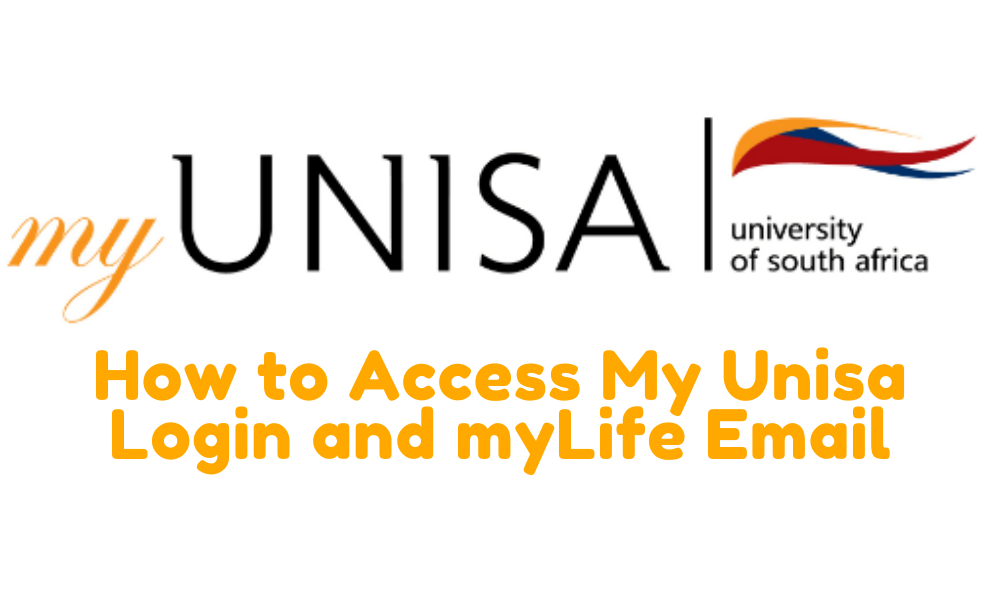2026 Application and Preparation for Admission to the University of Limpopo (UL). The University of Limpopo (UL) is a highly respected public university located in Mankweng, Limpopo Province, South Africa. For Bangladeshi and international students looking to pursue higher education in South Africa, UL offers excellent academic programs, especially for those interested in solving real-world challenges across Africa. Whether you’re interested in health sciences, law, agriculture, or humanities, this guide will help you understand the UL application process, admission criteria, and NSFAS funding opportunities.
Why Choose the University of Limpopo?
With a rich heritage in research, education, and social development, the University of Limpopo focuses on producing skilled graduates who are ready to contribute to the development of the African continent. The university is known for its supportive academic environment, modern campus facilities, and affordable tuition with NSFAS funding available for eligible students.
Admission Requirements at UL
To apply for admission at UL, candidates must meet both general and programme-specific requirements. The Admission Point Score (APS) system is used to evaluate applicant qualifications.
General Admission Criteria:
- A National Senior Certificate (NSC) or an equivalent international qualification.
- At least 30% in the language of instruction (typically English).
- A minimum APS score required for the chosen course.
- Specific subject requirements depending on the programme (e.g., Mathematics, Life Sciences, Physical Sciences).
APS Score Calculation Table:
| Marks (%) | APS Points |
|---|---|
| 80–100% | 7 |
| 70–79% | 6 |
| 60–69% | 5 |
| 50–59% | 4 |
| 40–49% | 3 |
| 30–39% | 2 |
| 0–29% | 1 |
Note: Most degree programs require an APS of 26 or higher, but competitive courses such as Medicine and Law may require a higher APS score.
Courses Offered at the University of Limpopo
UL offers a wide range of undergraduate and postgraduate programs. The academic structure is divided into four main faculties:
Faculty of Health Sciences:
- MBChB (Bachelor of Medicine and Bachelor of Surgery)
- Bachelor of Nursing
- Bachelor of Pharmacy
- Bachelor of Nutrition
Faculty of Humanities:
- BA in Media Studies
- BA in Psychology
- BA in Education (Foundation, Intermediate, Senior, and FET Phases)
Faculty of Science and Agriculture:
- BSc in Mathematical Sciences
- BSc in Microbiology, Chemistry, Physics, Biochemistry
- BSc in Environmental and Resource Studies
- BSc in Agricultural Economics
Faculty of Management and Law:
- Bachelor of Laws (LLB)
- BCom in Accounting
- BCom in Business Management
- BCom in Human Resource Management
- Diploma in Local Government
These programs are tailored to equip students with skills to tackle socio-economic issues in Africa and beyond.
How to Apply to the University of Limpopo
UL opens its application portal every year around April and closes in September. Applications must be completed online.
Step-by-Step UL Application Process:
- Visit the UL Application Portal at www.ul.ac.za
- Click on “Apply Online”
- Create your profile and log in
- Upload the following certified documents:
- Grade 11 final results (for current matriculants)
- Matric certificate (if you have already completed school)
- Copy of ID or passport
- Proof of residence
- Additional required documents
- Select your program of study
- Submit the application
Application Fee:
There is no application fee for online submissions. However, applicants are advised to check for yearly updates on the university’s website.
NSFAS Funding for UL Students
The National Student Financial Aid Scheme (NSFAS) is a government initiative designed to support underprivileged students. This financial aid covers your university-related expenses and allows you to focus on your studies without financial stress.
Who Can Apply for NSFAS?
To be eligible, you must:
- Be a South African citizen
- Have a household income below R350,000 per year
- Be applying or accepted into a public university like UL
- Meet academic performance requirements if already studying
What Does NSFAS Cover?
| Item | Details |
|---|---|
| Tuition Fees | Paid directly to the university |
| Accommodation | On-campus or approved off-campus (within NSFAS caps) |
| Transport | For students residing within 40km radius |
| Living Allowance | Monthly stipend for personal expenses |
| Learning Materials | Coverage for textbooks, laptop, and study tools |
How to Apply for NSFAS:
- Visit the NSFAS website at www.nsfas.org.za
- Click on “MyNSFAS” and register
- Upload the following documents:
- Certified copy of your ID
- Proof of household income
- Parent/guardian ID and income declaration
- Academic results
- Submit your application
- Track your status online
Important: NSFAS applications generally open in November and close by January. Apply early to avoid delays or rejection.
Tips to Prepare for University Life at UL
Entering a university like UL is a big step. Here are some tips to help you transition smoothly:
- Start your application early and gather all required documents in advance.
- Visit university open days or join webinars to explore your course in depth.
- As soon as you receive your acceptance letter, apply for residence and NSFAS funding.
- Stay connected through your student portal and email for important updates.
- Build strong study habits and prepare for a multicultural academic environment.
Conclusion
Pursuing higher education at the University of Limpopo is a smart and transformative decision. From understanding UL admission requirements to applying for NSFAS funding, being proactive and well-informed is key to securing your place at this prestigious institution.









